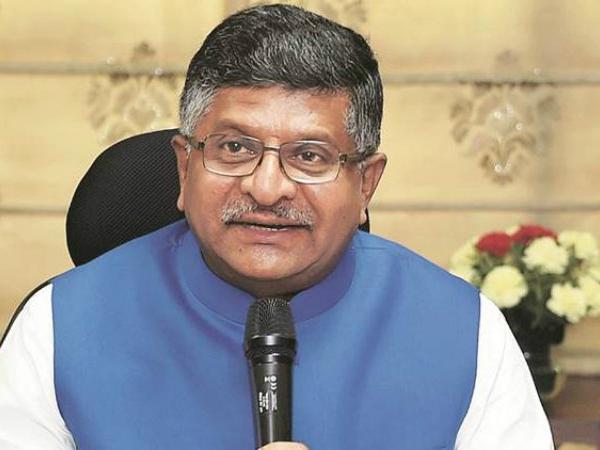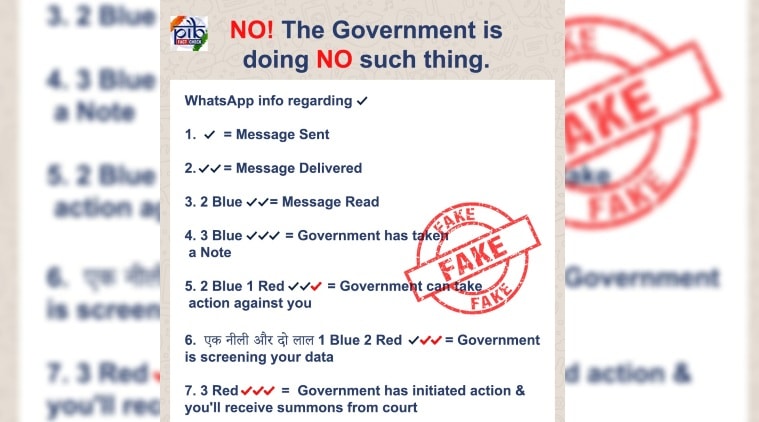
WhatsApp is suing the Indian government over a ‘traceability’ clause in the new Intermediary Rules 2021. They were informed in February this year. Accordingly, the public authority has called WhatsApp’s act a one of defiance and needs them to agree. It is going to be WhatsApp vs the Indian Government. Here are the top points disclosing everything to think about this most recent discussion.
WhatsApp vs the Indian Government
1) WhatsApp’s argument against IT rules
WhatsApp has said that the new online media rules are unlawful and filed a case on May 25. Coincidentally, it was likewise the day for social media companies to conform to the new rules. The Facebook-owned application is summoning the 2017 Justice K S Puttaswamy versus Union Of India judgment. WhatsApp needs the court to guarantee the clause doesn’t come into constrain and prevent criminal liability to its employees for non-compliance.
2) Traceability implies End-to-End encryption will not work

WhatsApp has additionally clarified that traceability won’t work. It is contending that breaking end-to-end encryption (E2E) would debilitate client protection on the application and stifle free speech and freedom of expression. E2E encryption is turned default on WhatsApp for all messages. Further, WhatsApp will have to re-engineer the application only for India, which will not happen. If WhatsApp needed to agree with the guidelines, it would need to make a variant of the application that backs up traceability and doesn’t have E2E encryption.
3) Traceability implies a ton of data collection
WhatsApp in its blog clarifies that to follow the originator of any message, it should keep a log of everything. As of now, WhatsApp can’t peruse a client’s message given the E2E encryption. It says tracing even one message implies tracing every message on the platform. In order to follow the rules, they will have to create a type of “permanent identity stamp” or effectively ‘fingerprint’ each message. It says that this will be what might be compared to a mass observation program.
4) Traceability isn’t secure
WhatsApp and Internet specialists have clarified that traceability isn’t secure. Further, when clients are sending, duplicating messages, discovering the originator gets troublesome. WhatsApp says it may need to turn over the names of people who shared something even if they did not create it, shared it out of concern, or sent it to check its accuracy. Thus it would prompt human rights violations as innocent individuals could get in the middle of investigations or going to prison. Further, regardless of whether messages are fingerprinted on WhatsApp, these procedures are not foolproof and can be mimicked. WhatsApp additionally says that ‘traceability’ conflicts with the essential standards of how law enforcement and investigations work.
5) Government reaction to WhatsApp’s claim

The Ministry of Electronics and Information Technology (MeITY has called WhatsApp’s refusal to consent to the upgraded IT runs a clear act of defiance. Further, it said that the security privilege will accompany reasonable limitations. It adds that web-based media organizations will just need to give the originator of a message in select cases and dependent on a request from a competent court. The government additionally scrutinized WhatsApp’s own obligation to client protection bringing up that the organization plans to “share the data of all its users with its parent company, Facebook, for marketing and advertising purposes.”
6) IT rules on tracing the originator

As per the government tracing the principal originator is just under select conditions. They would prefer not to track all messages. Under Rule 4(2) of the IT rules, a social media intermediary could be needed to follow an originator of a message or tweet or post “only for prevention, investigation, punishment, etc. of inter alia an offense relating to sovereignty, integrity, and security of India, public order incitement to an offense relating to rape, sexually explicit material or child sexual abuse material punishable with imprisonment for not less than five years.”
7) Three red ticks on WhatsApp calls, messages?

There is a phony WhatsApp message turning into a web sensation. It is asserting that three red ticks will show up on messages. It will be due to the government reading and recording all calls, messages on the platform. This is plainly bogus. It is ideal to overlook this message and not forward it to other people.
8) What are other platforms saying?

The enhanced IT rules sway all online media intermediaries and companies, not simply WhatsApp or Facebook, or Twitter. This incorporates Google also, which is another significant part on the lookout.
In an explanation, CEO Google Sundar Pichai said the organization will consent to all laws. “It’s obviously early days and our local teams are very engaged… we always respect local laws in every country we operate in and we work constructively. We have clear transparency reports, when we comply with government requests, we highlight that in our transparency reports,” he said.
While WhatsApp is battling a claim against the upgraded IT governs, its parent organization Facebook said — “According to the IT Rules, we are working to implement operational processes and improve efficiencies. Facebook remains committed to people’s ability to freely and safely express themselves on our platform.
Twitter has expressed its word around IT leads too. “We, alongside many in civil society in India and around the world, have concerns with regards to the use of intimidation tactics by the police in response to enforcement of our global Terms of Service, as well as with core elements of the new IT Rules,” the statement said.
“We plan to advocate for changes to elements of these regulations that inhibit free, open public conversation. Twitter will continue our constructive dialogue with the Indian Government and believes it is critical to adopt a collaborative approach. We believe that it is the collective responsibility of elected officials, industry, and civil society to safeguard the interests of the public,” the statement adds.
New rules

Under the new rules, huge web-based media intermediaries (those with more than 50 lakh users in India) need to have a resident grievance officer, a chief compliance officer, and a nodal contact person. The guidelines state these employees need to be residents of India.






